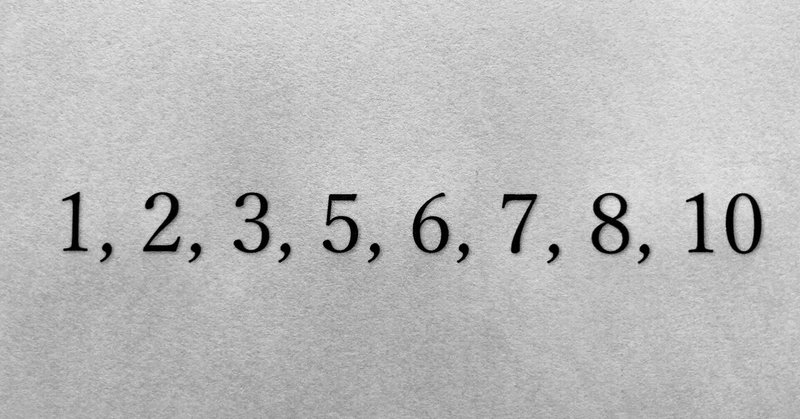
Pay Attention to Numbers in Japan
Japanese culture is different from Western culture is several ways, so it helps to be conscious of differences in the connotation of numbers. Seven is lucky in both cultures, but other numbers mean different things.
For example, it is inauspicious to give a monetary wedding gift that can be “split” evenly in two parts. One is therefore left struggling to decide whether to give a somewhat inauspicious ¥20,000 or an appropriate, but expensive, ¥30,000.
In a shop in Japan, when you purchase a set of small plates, you may wonder why they come in sets of five, or in sets of ten, but not in fours or sixes. That is just the way a set is conceived in Japan: in units of five. Want to buy a dozen eggs? You won’t find that, because in Japan they come in packs of ten.
Pagodas have odd numbers of stories, usually three or five, because odd numbers of auspicious. Some pagodas in the past had seven stories but they tended to fall victim to lightning strikes and earthquakes. The ones that do exist are reconstructions of earlier versions.
Four and nine are avoided in general because readings of the characters for four include shi, which has a homonym meaning death, and alternate readings for nine include ku, implying suffering or hardship. You will, by the way, find few examination rooms in large hospitals numbered with either of these. Thirteen is not as a rule avoided, though some hotels will skip from the twelfth to the fourteenth floor.
(255 words)
この記事が気に入ったらサポートをしてみませんか?
